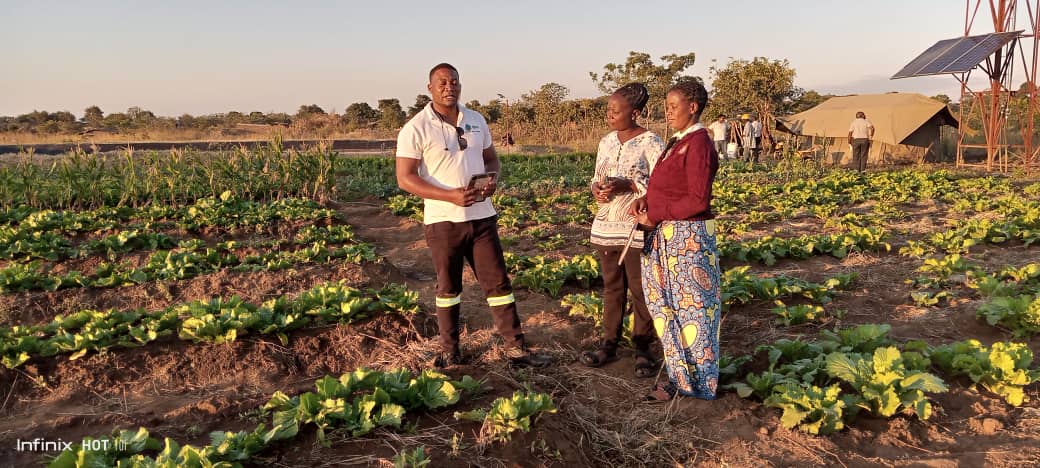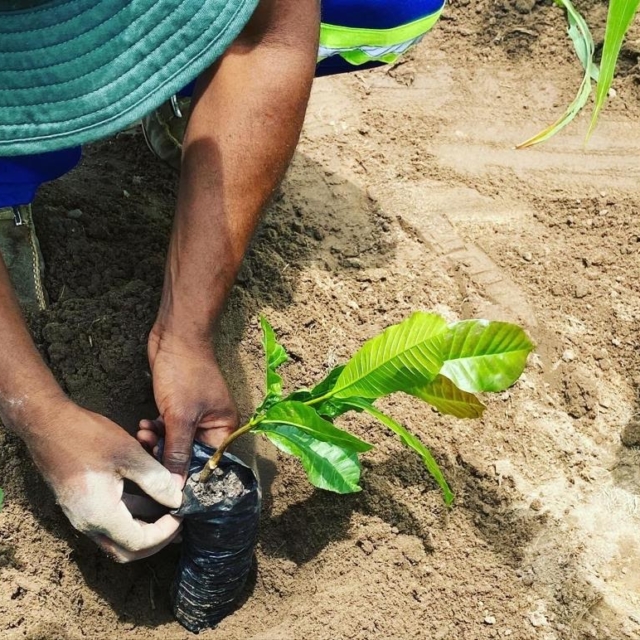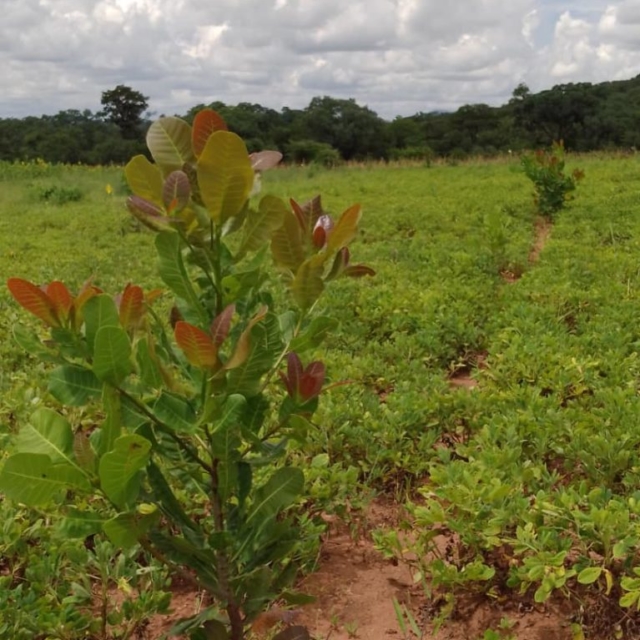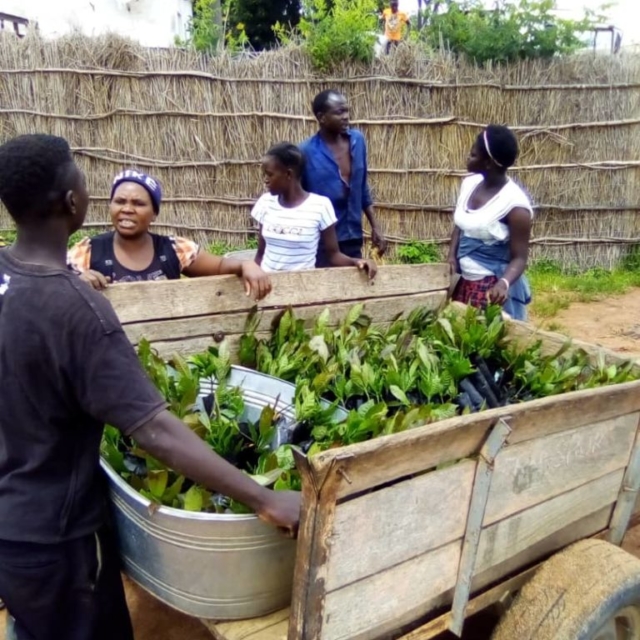
Zambia Integrated Forest Landscape Project (ZIFLP)
GOAL
To improve landscape management and increase environmental and economic benefits for targeted rural communities in the Eastern Province and to improve the recipient's capacity to respond promptly and effectively to an eligible crisis or emergency.
LOCATION
7 districts in Eastern Province, Zambia
DURATION-
2020
-
2023
FARMERS
10,000
VALUE CHAINS
Cashew
PARTNERS
World Bank, Provincial Administration Eastern Province
FUNDING
USD 281,502
Zambia Integrated Forest Landscape Project (ZIFLP)
EFF in collaboration with the World Bank and provincial authorities, has been a vital implementing partner for the Zambia Integrated Forestry Landscape Project (ZIFLP) in Eastern Province since 2020. In the 2020-2021 planting season, the project distributed 1.2 million seedlings to 15,000 farming households, intercropped with staple crops, such as maize and soya. With a focus on cashew crop management and intercropping practices, extensive training was provided to farmers, with 42% being women, contributing significantly to gender empowerment. The initiative also generated 735 jobs through seedling production and distribution.
In 2022-2023, EFF expanded its impact under ZIFLP, involving 84 schools that planted 12,800 cashew trees over 185 hectares. Sustainability efforts included establishing 41 demonstration cashew farms, collaborating with entities like the Farmer Training Centre, and rehabilitating 8,720 trees. Innovative techniques were introduced to combat challenges such as water stress and animal grazing, including using recycled plastic bottles for efficient water supply and organic fertilizer from chicken manure pellets.
The project organized additional pre-planting sensitization trainings, with increased participation from 2,359 male and 1,030 female farmers. Five new cashew nurseries and 24 demonstration plots were established, with training programs empowering individuals, including 36 men and 56 women trained as nursery operators and pot fillers. Cashew seedling distribution increased to 314,445, benefiting 3,389 households across five districts and involving 27 agriculture camps. This evolving program meets the rising demand for high-quality cashew nut seedlings, thereby advancing sustainable agriculture in Zambia.




